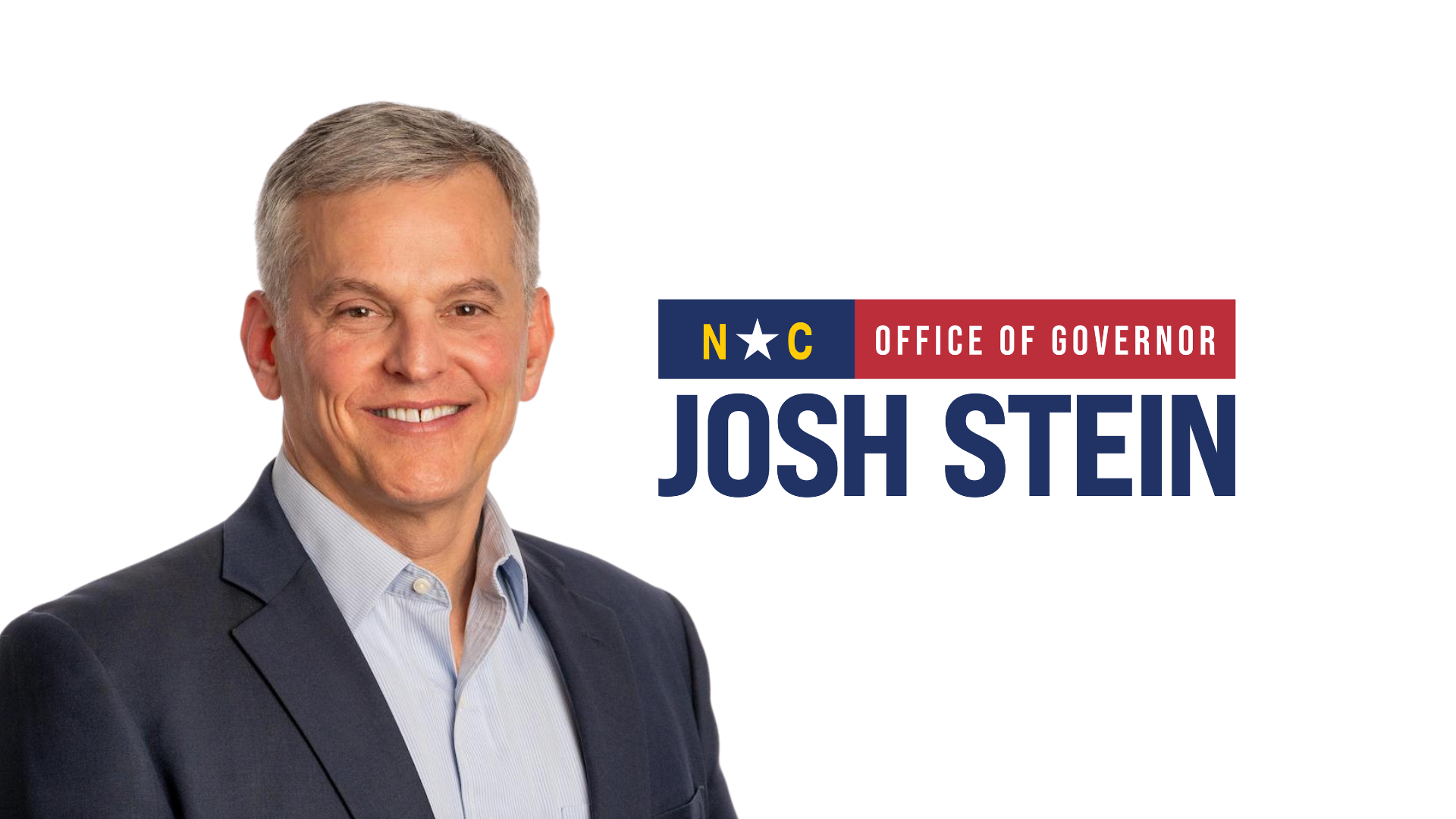Op-Ed: Clean Energy Tax Credits are an Economic Boom for North Carolina
From Heather Reams, President of Citizens for Responsible Energy Solutions and Erik Lensch, Chief Executive Officer and Founder of Leyline Renewable Capital.
By: Heather Reams and Erik Lensch,
In the Tarheel State, North Carolina is setting an example for the nation when it comes to utilizing homegrown energy sources to power local communities, create jobs and boost the state’s economy. What makes this practice so successful, though, are economic resources which come in the form of clean energy tax credits. These critical incentives have longstanding bipartisan support for growing industries like solar, wind, electric and hydrogen energy—with some credits dating back to the Bush Administration. While the industry continues to grow, these credits are now at risk in the One Big Beautiful Bill Act passed by the U.S. House of Representatives. If signed into law, billions of dollars in investments and thousands of jobs will be on the chopping block.
There aren’t many industries that can keep up with the energy sector. In North Carolina alone, clean energy tax credits are supporting $15.3 billion in investments and over 17,000 new jobs—with even more growth potential if the market certainty provided by the tax credits allow investments to continue. These jobs span multiple industries in locations around the state including Kings Mountain (with $225 million invested in lithium extracting and processing), Research Triangle Park (with $2 billion going towards an electric vehicle plant, creating 7,000 new jobs) and in Liberty, where Toyota is building another EV plant (with a $14 billion investment and spurring 5,000 new jobs). These organizations chose North Carolina for a reason: the state is ranked second for business-friendliness in the country.
But business development requires market certainty, especially industries that are in high demand with serious competition and volatility. That’s what makes the language in the House’s legislation particularly concerning. The legislation undermines parts of the tax code that encourages advanced manufacturing, 45X, which is utilized by numerous companies to justify investing billions of dollars into American energy innovation, expansion and manufacturing.
To put it bluntly, the One Big Beautiful Bill Act will completely eviscerate the certainty that so many businesses rely on. What makes matters worse is the timeline. If the legislation is passed as is, the repeal would be effective 60 days after enactment of the bill—resulting in an immediate loss of jobs, both in North Carolina and across the country. This places the future of an innovative industry at risk and threatens America’s position as a global energy leader at a time when adversarial nations are dumping state-backed funds into their own energy sectors.
Those in favor of dismantling these tax credits aren’t wholly in the wrong, but they should reconsider their perspective. As mentioned, many of these credits have bipartisan support but were extended in a partisan way under President Biden through a spending package that received zero Republican votes. However, instead of taking a sledgehammer to the law, Congress should take a scalpel-like approach to certain provisions. That means keeping what works and adjusting what doesn’t.
Senator Thom Tillis (R-N.C) understands the importance of these critical provisions and has emerged as a champion for their defense. He authored a letter to Senate Majority John Thune (R-S.D.) alongside Sens. Curtis (R-Utah), Murkowski (R-Alaska) and Moran (R-Kans.), outlining the risks of repealing the clean energy tax credits and calling for their protection in the reconciliation process. We applaud them for their open, vocal advocacy and look forward to continuing to support their efforts.
However, while the House passed this legislation, the Senate has an opportunity to make changes to the underlying text. Sen. Tillis has already voiced concerns, and we urge him to stand firm in his leadership. While he leads the charge, we are hopeful Senators will hear from other industry leaders, business owners and their constituents who rely on these tax credits to support their livelihoods. North Carolina—and the rest of the nation—depends on it.



